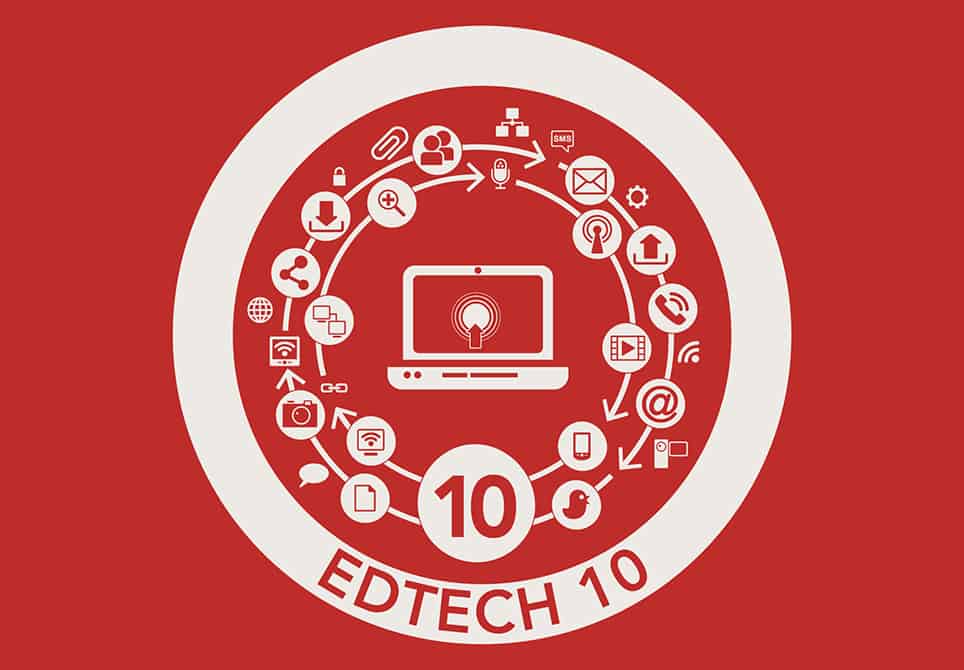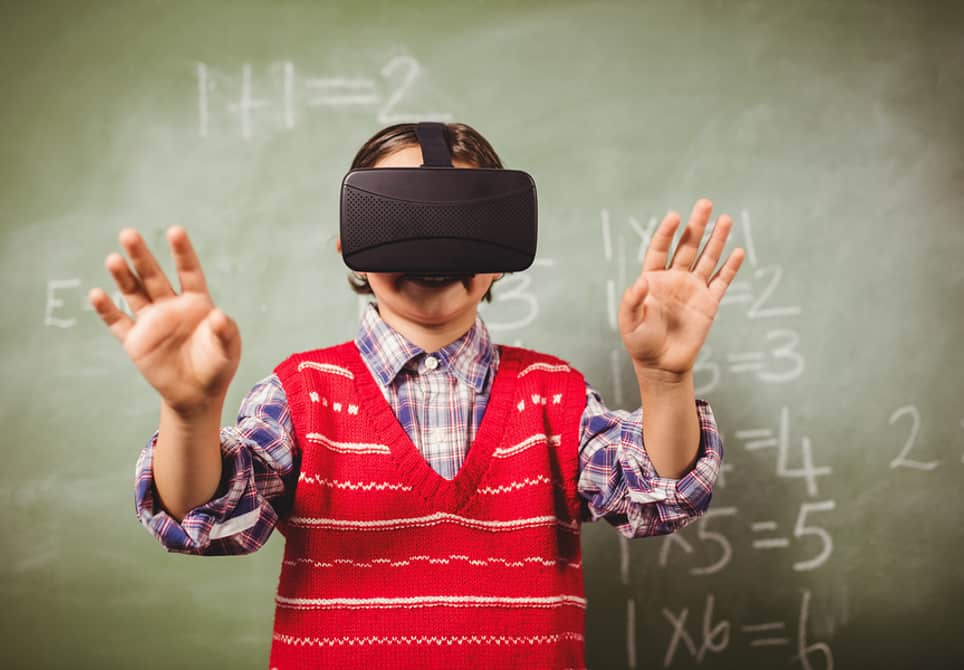augmented reality
Virtual and Augmented Reality in Personalized Learning
I like to imagine what a learning experience would look like wherein students have access to VR that is both tied to curriculum and automatically tailored to their competency via machine learning. Here's a look at one company providing a step in that direction.
Getting Smart Podcast | Stanford CTO Provokes Good Questions Online (and Off)
In this podcast, Paul Kim, CTO and Assistant Dean at the Stanford University Graduate School of Education, chats with Tom about the importance of asking good questions and the future of learning in a world of AI and smart machines.
Innov8: 2016 Year In Review and 2017 Predictions
It’s that time of year again when we take a moment to reflect on the year coming to a close and apply what we’ve learned to shape a set of predictions. Check out this week’s Top 8 stories around learning innovations helping shape the future of learning.
EdTech 10: Smart Cities
It's officially Smart Cities Week, and we're celebrating with a blog sharing the 7 key attributes of “cities that work for everyone,” a Smart Cities book giveaway and ten new edtech stories.
Pokémon GO: Can a Game Change the Reality of Education?
By: Cori Coburn-Shiflett. Pokémon Go, the latest AR game sensation, really could be a great opportunity for educators to connect with their students via game-based learning in the classroom.
Virtual Reality – Hope or Hype?
With our interest in the potential of virtual reality coming to the classroom, we enjoyed a recent article from our friend Michael Horn exploring whether or not we should believe the hype.
How Augmented Reality Can Enhance Learning in Higher Ed
Augmented reality will likely have more uses in higher education for extending learning outside of the classroom than within it. You can add additional interactive elements to the texts the students are assigned, adding hyperlinks, audio, or images to their print textbooks.
How Augmented Reality Can Change Teaching
The technology behind Augmented Reality is taking a real-world view and enhancing it with computer-generated imagery. Whether this is done by using a computer monitor and camera or fitted goggles to imprint imagery in the lenses, augmenting in this manner has great possibilities for a variety of tasks.
The Ed Games We Play
The rise of mobile phones usage has prompted discussions about augmented reality and its impact on retail marketing, privacy and reality. We found a blog where the discussion is focused squarely on education and how these types of developments will effect students. Her final point is crucial. Why are these games so boring, if they are really so helpful?








